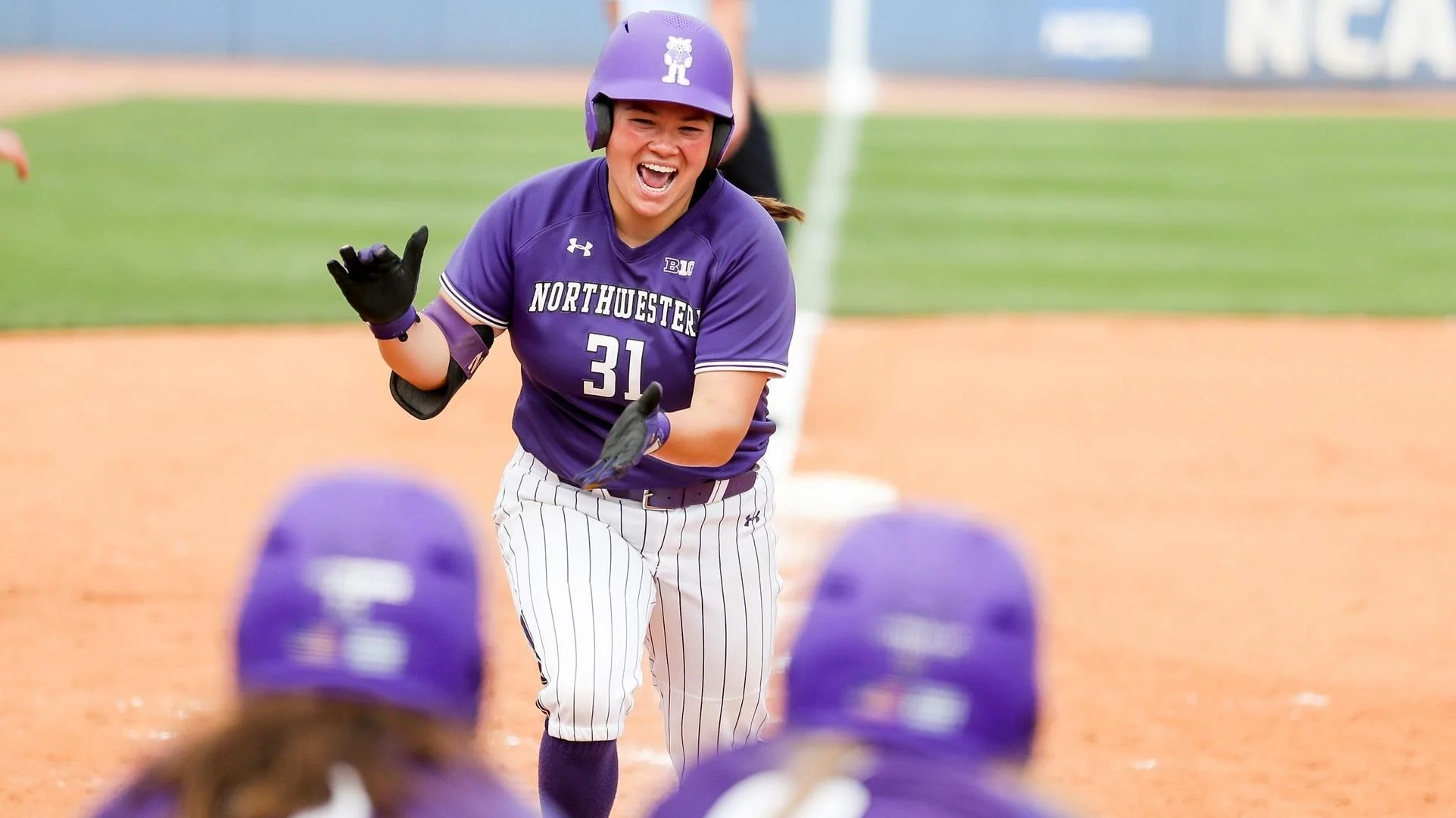Revisiting Lessons from the NFCA Conference
/We soaked up insights from some of the biggest names in softball coaching, including Carol Hutchins (Michigan) and Mike Candrea (Arizona). While they didn’t spill all their secrets, they shared enough wisdom to transform the way we think about coaching and player development.
Here are 8 standout lessons from the conference that remain just as valuable today.
Read More

















